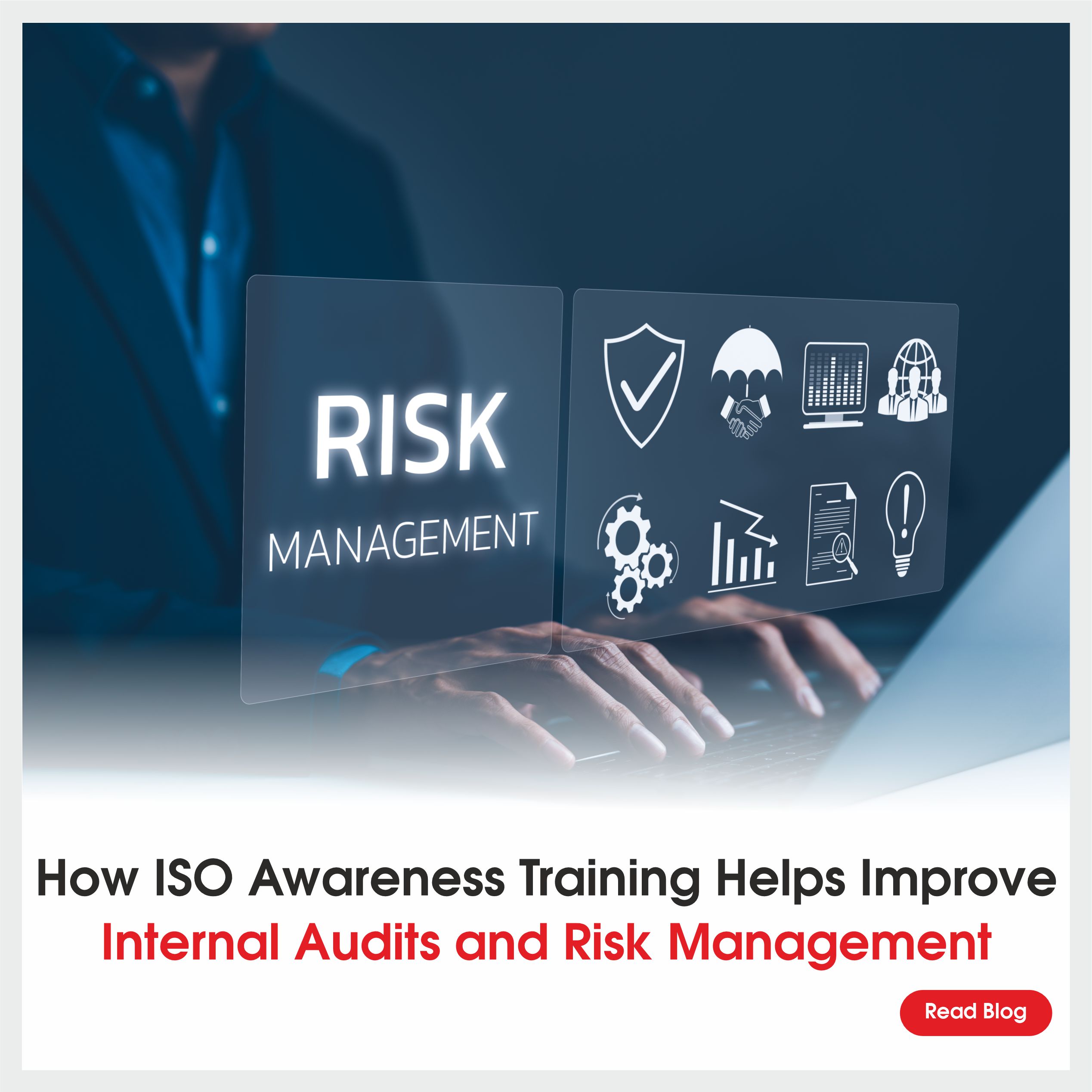Get ISO Certification for Tobacco Industry
CONTACT WITH US
Tobacco is an agricultural commodity, similar in lines with the other agricultural food stuffs in economic terms. The price of tobacco depends upon the local weather conditions as well as the species or cultivar grown, proximity to the region where it is grown, health of the plants and other characteristics specific to the product.
Tobacco is one of the most widely used addictive substances in the world and the tobacco industry includes those persons or organizations involved in the growth, processing, shipment, advertisement, and distribution of tobacco and tobacco-related products.
The success of the tobacco industry depends upon the strategic implementation of processes that helps in ensuring the quality and safety of products, positive environmental interaction as well as conducive working conditions. In this regard, ISO certification for tobacco industries can be highly beneficial.
Benefits of ISO certification for tobacco industry:
- Improvement of quality as per the customer’s requirements.
- Systemic approach towards the processes.
- Continual improvement of the system to meet the market’s changing requirements.
- Timely identification of risks and their management
The following ISO standards are applicable for tobacco industries
ISO 9001 Standard
The quality of tobacco is directly related to the safety of its consumers. With ISO 9001 certification, a tobacco company can implement a quality management system in their organization that would ensure the quality of products by enabling certain controls in the processes through which the product passes.
ISO 14001 Standard
Through ISO 14001, an organization can implement an environmental management system that would help them in their waste management, savings in energy consumptions, lowering distribution costs, and improving their corporate image.
ISO 45001 Standard
The tobacco industry is plagued by several factors that adversely affect the health of their workforce. These include increased healthcare costs and disability from second hand smoke as well as increased absenteeism. Therefore, by implementing ISO 45001 standard for occupational health and safety management systems, such risks can be avoided.
ISO 50001 Standard
ISO 50001 for energy management systems can help the tobacco companies in efficiently managing their energy resources and ensuring a reduced carbon footprint.
ISO 22000 Standard
Since tobacco is a consumable product, its safety can be ensured by implementing ISO 22000 for food safety management.
HACCP
It is an international standard that defines the requirements for effective control of food safety. It is a great tool for preventing any chemical, physical or biological food hazards.
ISO Certification process for Tobacco industry
- Application & contract
- Audit team Assignment
- Document view
- Certification Audit Independent review
- Notification of Certification
- Surveillance audit
- Re-Assessment
The certification process goes further. click here to view the next steps to the ISO certification Process
ISO certifications have huge significance across a varied range of industries. They not only help to improve the processes within the organization but also ensure a smooth flow of services throughout the supply chain. Know more about Sis Certifications: https://www.youtube.com/c/SISCert
FAQs
The most commonly required ISO standards that are applicable for all kinds of Tobacco Industry are as listed below:
- ISO 9001 Standard: Quality Management System.
- ISO 14001 Standard: Environmental Management System.
- ISO 45001 Standard: Occupational Health and Safety Management System.
- ISO 50001 Standard: Energy Management System.
- ISO 27001 Standard: Information Security Management System.
- ISO 22000 Standard: Food Safety Management System.
Achieving ISO Certification is no big deal in today’s upgraded systems. The basic steps to become ISO Certification for Tobacco Industry are as follows:
- Firstly, you need to prepare all the relevant information about your company in a systematized way (It is always best and safe to hire a legal consultant.)
- Secondly, you need to document all the relevant information about your business.
- Thirdly, you have to implement all the documented information in your organization.
- Fourthly, get ready for the internal audits which are performed first during the certification process and then periodically after.
- Lastly, if the certifying body approves your management system then you will be awarded the required ISO standard.
An ISO Certificate is valid for 3 years. And during this time period of 3 years, a surveillance audit is conducted on an annual basis to ensure that ISO quality standards are being maintained by the organization.
- Firstly, select the type of ISO certification you want for your Tobacco Industry.
- Secondly, selecting a recognized and credible ISO certification body (ISO Registrar)
- Thirdly, make an application in the prescribed form which should include liability issues, confidentiality, and access rights.
- Fourthly, the ISO certification body will review all the documents related to various policies and procedures being followed in the organization. If there are any existing gaps, the applicant has to prepare an action plan to eliminate these gaps.
- Then, the ISO registrar will conduct a physical onsite inspection to audit the changes made in the organization.
- As soon as the certifying body approves your management system, you will be awarded the required ISO standard.
Basically, when you approach a certifying body for ISO Certification and they approve your management systems and all your processes, they will then quote an amount for the certificate. Moreover, the cost for achieving ISO certification for textile industry depends mostly on your organization, such as the no. of employees in your organization, No. of branches your organization has, and many more.
Looking for ISO Certification or Training Services?
Join one of the India’s leading ISO certification bodies for a straightforward and cost-effective route to ISO Certifications.
LATEST NEWS & BLOGS

Common Mistakes to Avoid During ISO Lead Auditor Training
ISO Lead Auditor Training is a crucial step for professionals looking to enhance their auditing skills in ISO 9001:2015 (Quality

What Are the Key Benefits of IMS Lead Auditor Training?
In the current business environment, companies aim to uphold elevated standards in quality, environmental stewardship, and safety in the workplace.

How ISO Awareness Training Helps Improve Internal Audits and Risk Management?
SIS Certifications Pvt Ltd is delighted to announce our upcoming ISO Awareness Training event. Designed for professionals aiming to strengthen
